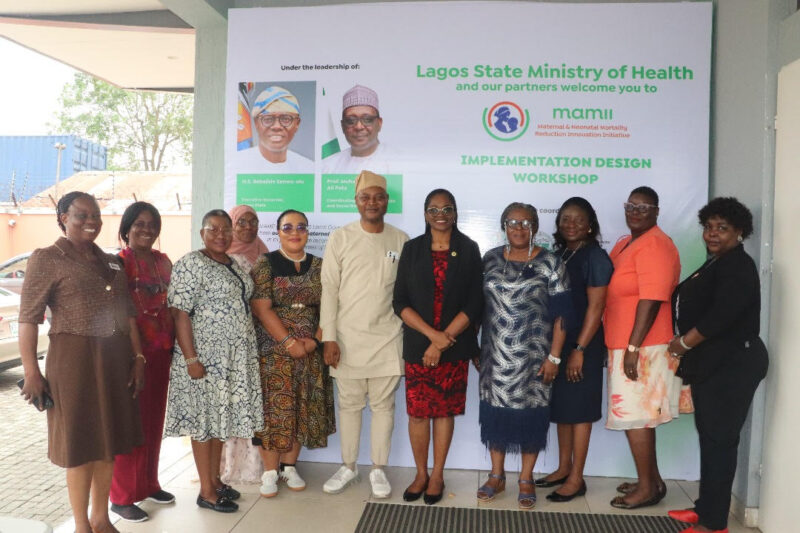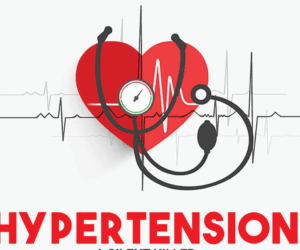By Doris Obinna
The Lagos State government, in collaboration with the Federal Ministry of Health and development partners, has launched a five-day Maternal and Neonatal Mortality Reduction Innovation Initiative (MAMII) Activation Workshop aimed at developing coordinated strategies to tackle preventable maternal and newborn deaths.
Speaking at the opening ceremony held at Protea Hotel, Alausa, on Monday, the Lagos State Commissioner for Health, Prof. Akin Abayomi, expressed concern over the persistent burden of maternal and infant mortality, stressing that Lagos must do more to address the peculiar health challenges caused by its dense population and high migration rate.
“The moment you cross into Lagos, you become the responsibility of the government and if you have a health issue, you become my responsibility,” he said. While acknowledging that Lagos has more resources than most states, Abayomi said the government was interrogating health data to better understand the magnitude of the problem and provide equitable access to care.
He revealed that the state is prioritising health financing by making health insurance mandatory through an executive order signed by the Lagos State Governor, Babajide Sanwo-Olu. He also disclosed plans to upgrade 47 of the state’s 327 Primary Healthcare Centres (PHC) this year, address inequalities in PHC distribution, and establish a University of Medicine and Health Sciences to produce up to 3,000 health professionals annually within five years.
Also, Special Adviser to the Governor on Health, Dr. Kemi Ogunyemi, described maternal and child mortality as a critical issue, noting that Lagos currently ranks third nationally in deaths but is determined to reverse the trend. She highlighted population growth as a major pressure point on infrastructure and emphasised the need for stronger data systems, improved coordination, and nutrition interventions.
National MAMII Lead, Dr. Dayo Adeyanju, said the initiative forms part of the National Health Sector Renewal Investment Initiative, which targets a 30 percent reduction in maternal mortality and a 60 percent increase in facility utilisation in high-burden areas by 2030. He explained that the strategy will tackle delays in maternal care and improve quality of services through resource allocation, performance management, and community-focused interventions.
Associate Professor of Neonatology and Lagos State focal person for the Nigeria Society of Neonatal Medicine, Dr. Beatrice Ezenwa, outlined newborn health priorities under MAMII, including essential care, improved infrastructure for Special Care Baby Units, and digital health training for frontline workers. She warned that neonatal mortality now accounts for 37 percent of under-five deaths in Nigeria, stressing the need for urgent interventions.
The World Health Organisation’s (WHO) Technical Officer for Newborn, Child, and Adolescent Health, Dr. Joy Ufere, reaffirmed WHO’s support, commending Lagos for its leadership and urging participants to design practical, measurable solutions that could serve as a model for other states.
Other stakeholders, including representatives from the Lagos State Ministry of Health, the National Primary Health Care Development Agency, and the National Health Insurance Authority (NHIA), presented strategies around health system strengthening, financing, emergency obstetric care, and surveillance.
The workshop, which runs until Friday, October 10, 2025, brings together policymakers, healthcare providers, community representatives, and development partners to co-create a comprehensive action plan to reduce maternal and infant deaths and ensure safer motherhood and childhood across Lagos State.








